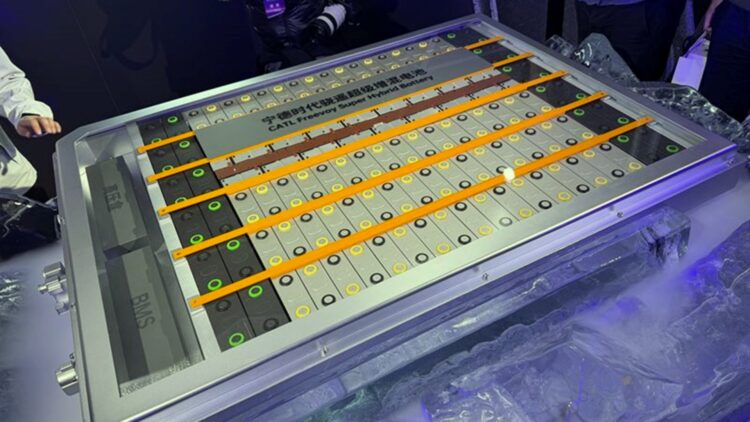Electric vehicles sales have seen a surge in the Malaysian market and there could be 900,000 depleted lithium-ion batteries by 2050. If this battery waste is not managed properly, it could cause major environmental and health risks. Thus, the government is emphasising ways to manage the used EV batteries.
Recently, Natural Resources and Environmental Sustainability (NRES) Minister, Nik Nazmi Nik Ahmad said that an Extended Producer Responsibility (EPR) policy is in the works. This purpose of this policy to ensure that the manufactures take the responsibility of collecting and recycling the used EV batteries at the end of their life cycles.

He also added that the talks with the EV manufacturers have already begun, however they are not formal. “We have yet to formalise talks with the EV manufacturers,” he added in an interview with Star. Moreover, according to Nik Azmi the EPR policy will be under the responsibility of the Environment Department which is drafting guidelines for disposing the EV batteries. He added that the guidelines are needed as the number of EVs are increasing in the country.
As of April, this year, a total of 7,942 electric vehicles (EVs) have been registered — marking a 79.7% increase compared to the same period last year. With EV batteries typically lasting around eight years, an estimated 40,000 used units will require proper handling by 2030. This figure is expected to surge to 330,000 by 2040 and reach 870,000 by 2050, posing a significant environmental challenge if supporting infrastructure is not scaled accordingly.

Nik Azmi also said that one of the main approaches that will be taken in managing the batteries would be to recycle them. “We have agreed that this is the best way forward as it will also lessen our dependence on mining for the minerals required to produce the batteries,” he added.
This initiative is also being adopted by other countries. For instance, the European Union have mandated the design of the batteries to be in a way that it could be easily disassembled and given to recycling. Thus, it is about time that Malaysia is taking initiative in managing the batteries.


